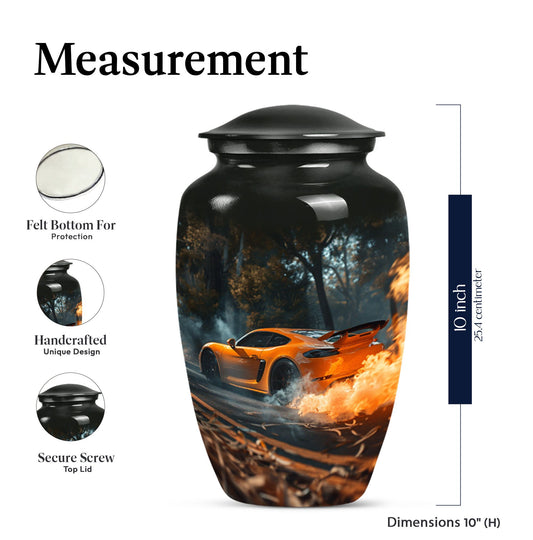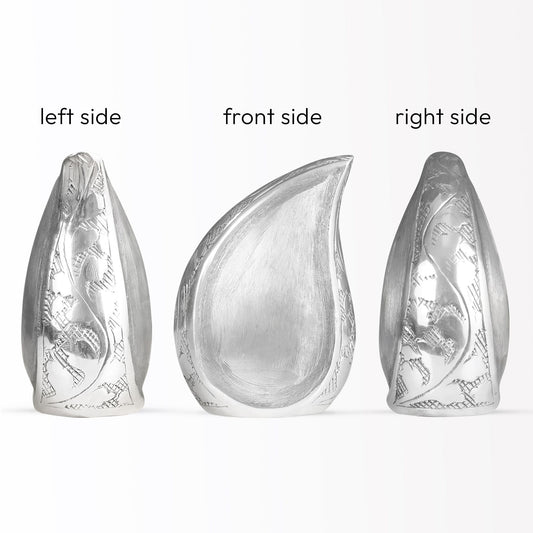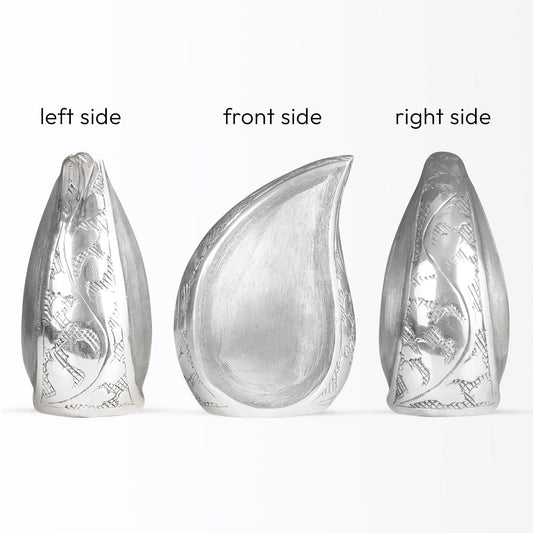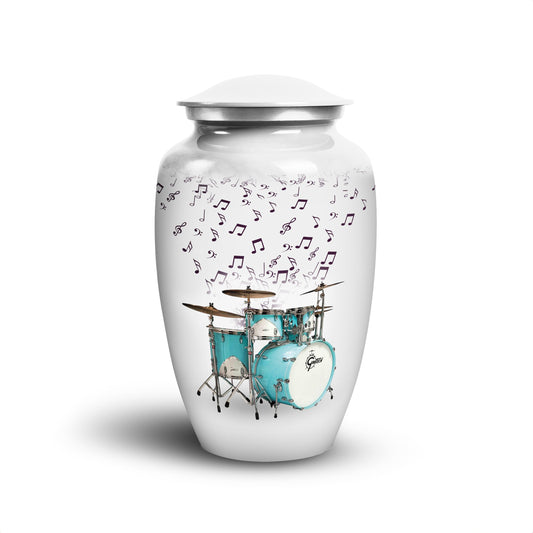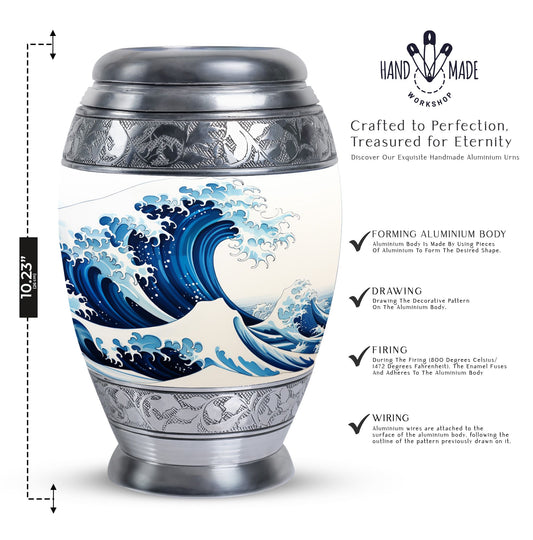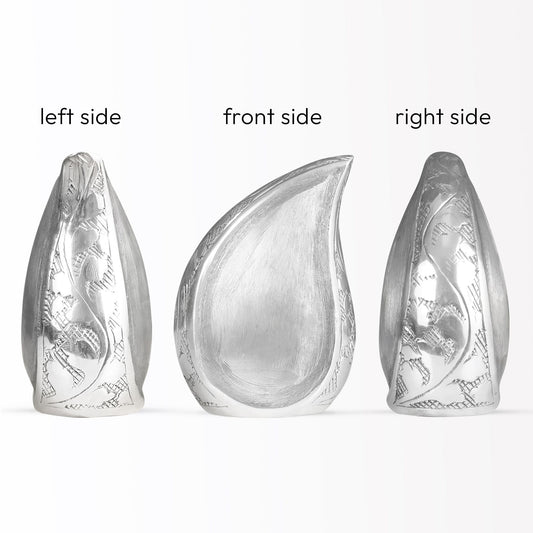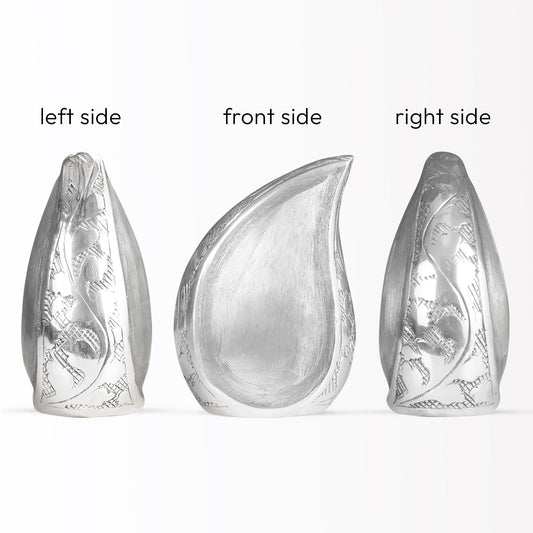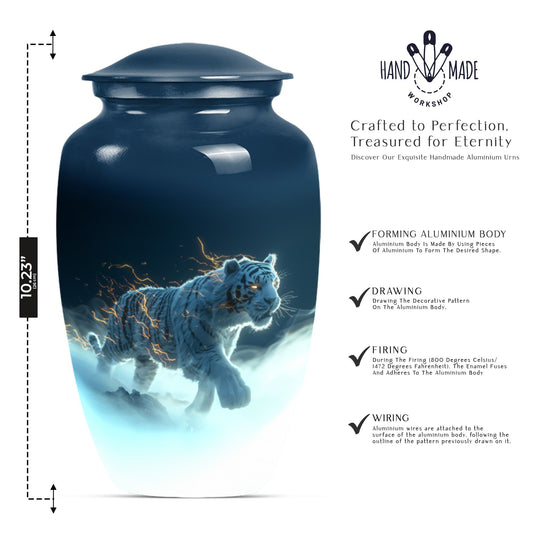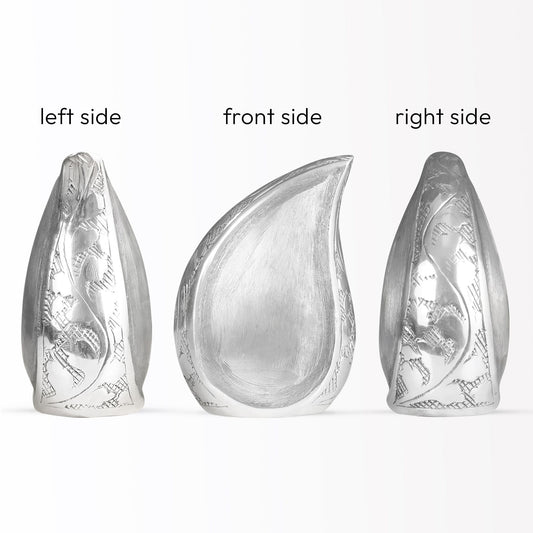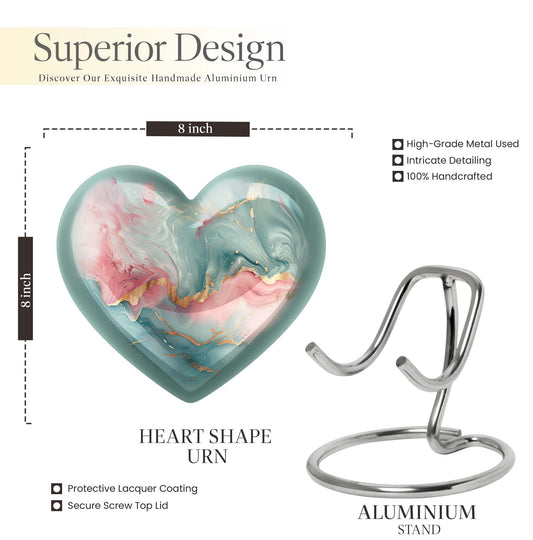Popular Urns
North Carolina State Cremation Laws and Facts

In North Carolina, the laws bypass securing consent, obtaining permits, and proper handling and identification of bodies. That way, the dead can be sure that their will is followed, and relatives are assured that it was indeed legal and dignified enough.
Consent and Authorization
Consent should always be in writing; cremation cannot take place in case no such consent was produced.

Waiting Period and Permits
North Carolina, under the law, has a minimum waiting period of 24 hours from the time of death. This is only to ensure that enough time is allowed to finalize all the paper and documentation work and acquire permissions.
For cremation, there are two primary requirements: a certified copy of the death certificate and a cremation permit issued by the local medical examiner. In case of suspicious or unnatural death, the body should be investigated by a medical examiner, and only then signed a death certificate to release the ashes.
Identification and Cremation Process-
Identification process of the body is involved. According to the North Carolina laws, after the release of the body to the funeral home or crematory, it must be labelled with some identifier that may specifically be unique to that particular individual.

All identifications done must stay with the remains throughout the cremation process. Only a licensed crematory is allowed to perform the cremation and state regulations on handling and operating equipment of a crematory environment still cautiously have to follow environmental safety and health conditions.
Ash Handling and Disposition-
Once cremated, the cremated remains must then be placed in a particular urn or vessel, such as an urn, but only a person who has granted permission for the cremation would be legally able to decide this. Some are kept there in North Carolina, the ashes are kept inside the urn, the dispersal of the ashes or placement in the land that is private property or if located in a cemetery with proper consent given to the owner of the land before.
Unclaimed Ashes-
In North Carolina, if the family refuses to take the ashes, the crematories and funeral homes are required by law to keep them on the premises for at least 30 days. They may then make burial or scattering arrangements, provided reasonable efforts have been made to locate next of kin.

Laws Regarding Crematories-
All crematories in North Carolina are inspected from time to time against compliance with state and federal standards of health, safety, and environment. This emission that would be allowed will further ensure public health and a clean environment due to the routine maintenance of the facility.
In a nutshell, the cremation laws in North Carolina have established a respectful and regulated process in handling cremation. The primary steps include proper authorization, waiting periods, accurate identification, and regulated crematory practices. This ensures respect for the deceased and brings peace of mind to the families undergoing this process.



















